After a wave of COVID-19 infections, most people are now in the following state:
“Post-COVID,” and have “fully recovered,” with no signs of re-infection.
Many Tea enthusiasts are eager to satisfy their craving for tea,
making plans to meet up for tea, while some are still hesitant:
How should one drink tea after recovering from COVID-19?
What kind of tea can better help us regain our health?
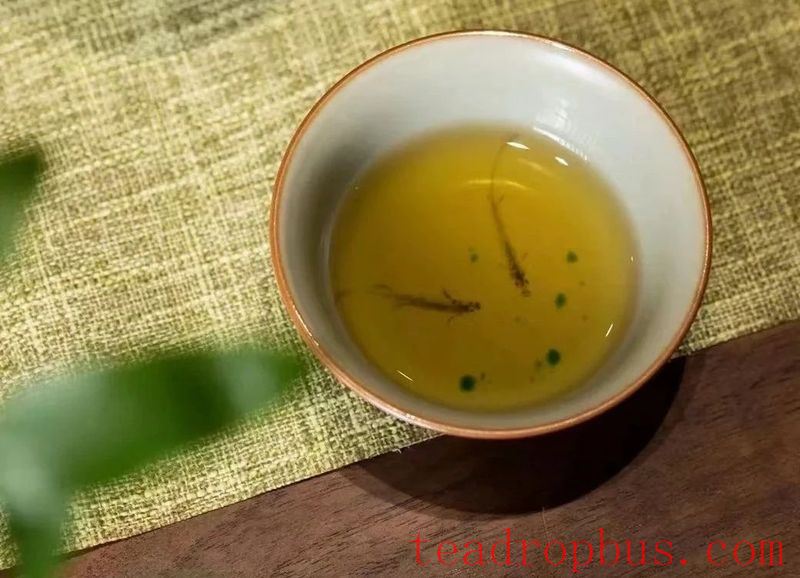
After recovery, it is recommended to drink tea in moderation.
The main reasons for supporting moderate Tea drinking after recovery include three aspects:
First, tea contains amino acids, trace elements, and other nutrients. Drinking Tea in moderation during infection can supplement the body's energy needs and promote metabolism.
Second, drinking tea can refresh the mind and boost spirits, which is important for COVID-19 patients experiencing poor mental states.
Third, tea can stimulate gastric juice secretion, aid digestion, and increase appetite. After contracting COVID-19, many experience poor appetite and loss of taste and smell. Eating too little is detrimental to recovery, so drinking tea in moderation can help the body accept external sources of energy more quickly.
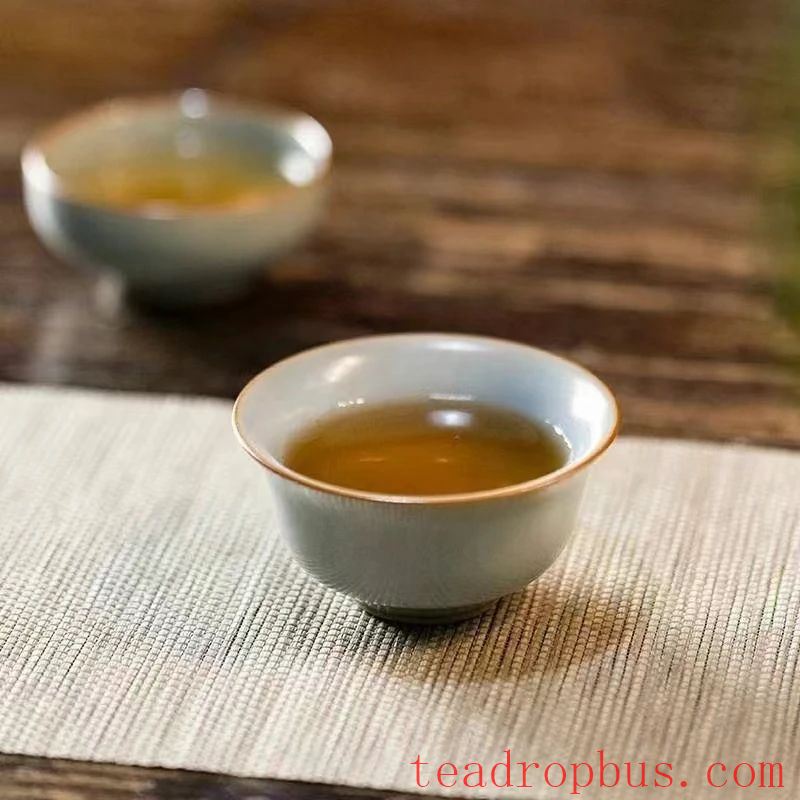
After recovery,
what precautions should be taken when drinking tea?
One: Drink in moderation, not excessively; avoid strong tea and tea left overnight.
A small amount each day is sufficient to achieve physical and mental comfort. Avoid excessive consumption or brewing strong tea repeatedly or drinking tea left overnight, as this could irritate the gastrointestinal tract.
Two: Drink aged tea and hot tea; avoid very fresh tea.
Fresh tea contains a higher amount of polyphenols, and the digestive system may still be fragile after recovery. Drinking too much fresh tea is not recommended. Additionally, fresh tea contains caffeine and other components that stimulate the nervous system, which can affect sleep if consumed in large quantities in the evening.
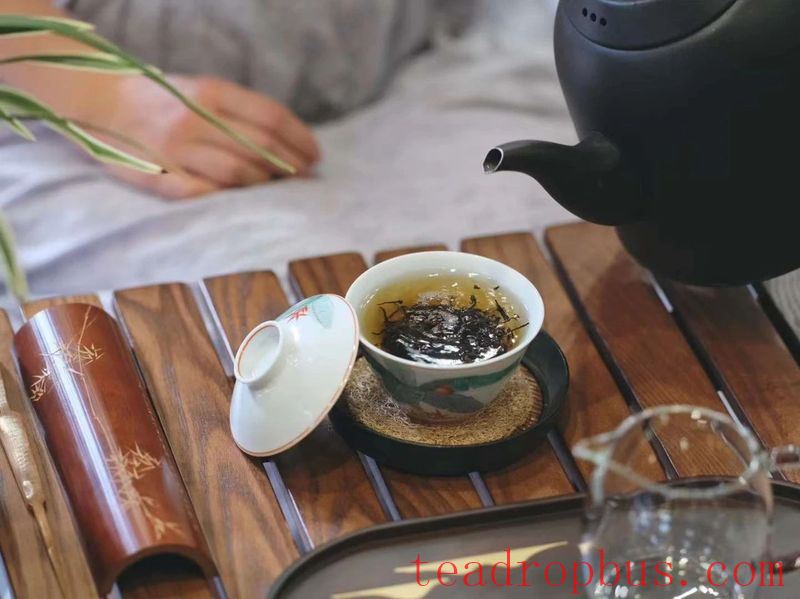
After recovery,
it is recommended to drink aged White Tea.
In general, the human body overcomes illness through a robust immune system, which relies on healthy functioning of the spleen and stomach and adequate nutrition. Whether preventing or recovering from illness, our focus should be on maintaining the health of these organs and eating healthily to ensure they remain at least unharmed.
If symptoms such as dry cough, phlegm, dryness, and sore throat persist, drink mild teas. Aged white tea, having undergone the test of time, has a gentle character, neither cool nor hot. It has the effects of clearing heat and detoxifying, reducing inflammation, and can be paired with ingredients like aged tangerine peel, ginger, jujube, and goji berries based on personal preference. The principle is to warm the spleen and stomach and adjust bodily functions.
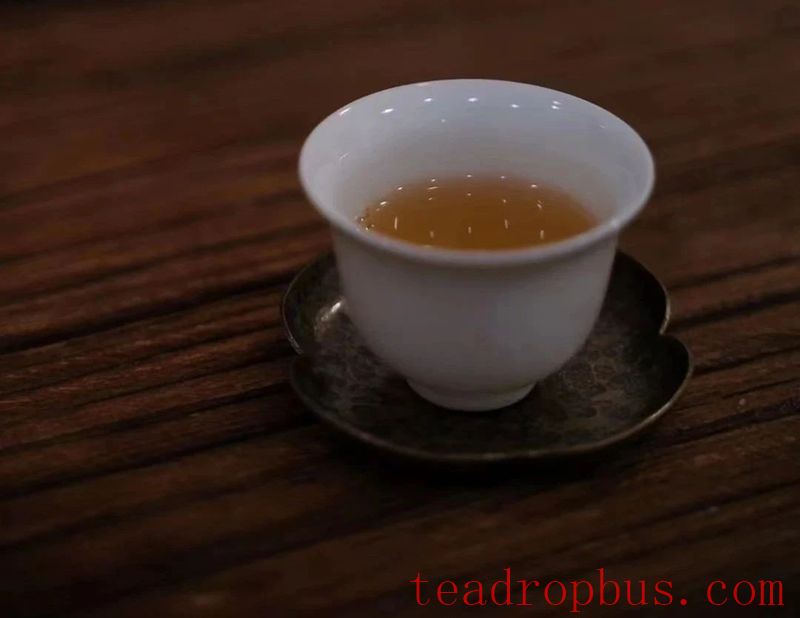
“Rock Sugar Snow Pear with Aged Silver Needle,” a remedy for sore throat
Here's a traditional folk remedy from Fuding used to treat dry cough and reduce inflammation: “Rock Sugar Snow Pear with Aged Silver Needle.”
Ingredients: Rock sugar (about 100 grams), peeled and cored snow pear (about 250 grams), aged silver needle (6 grams), water (about 300 milliliters)
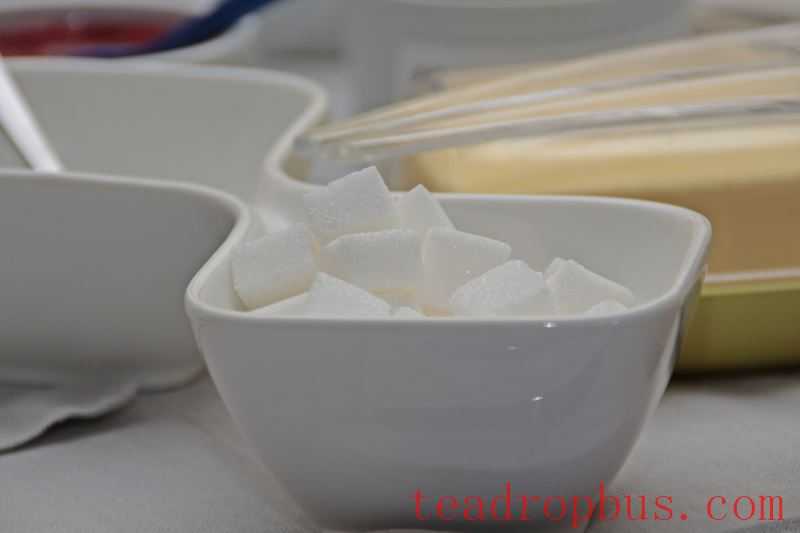
Preparation method:
Step 1: Mix the prepared snow pear with rock sugar and aged silver needle.
Step 2: Add cold water and stew in a clay pot or a similar vessel.
Step 3: After about 40 minutes, remove and drink while hot.
Suggestion: Use locally available aged white teas, such as aged Dabai or Da Mao, to make this remedy. If you cannot find snow pears, simply stew rock sugar with aged silver needle, which also works well.
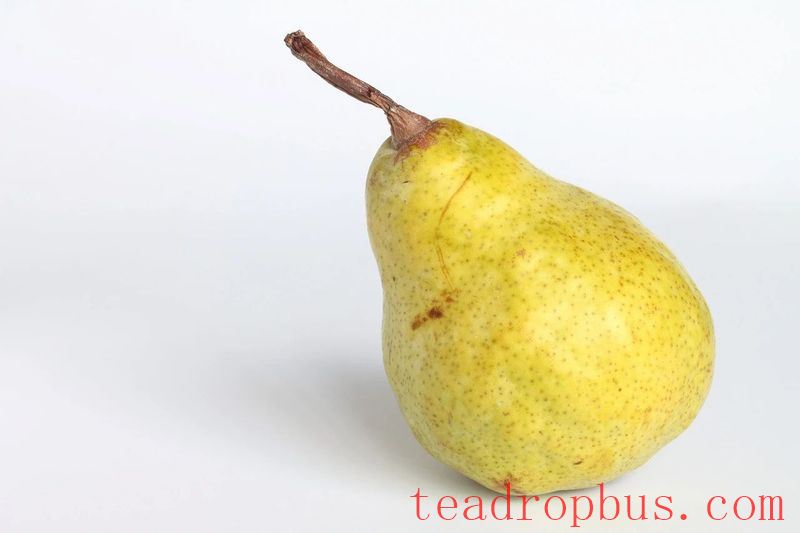
After recovery, we must continue living, going out, working, and caring for our families… We are immensely grateful for the daily companionship of tea, which provides a sense of security both physically and mentally. We hope every tea enthusiast can use this gift from nature correctly to benefit their own and their family's health. May everyone successfully navigate this pandemic. Let's work together!
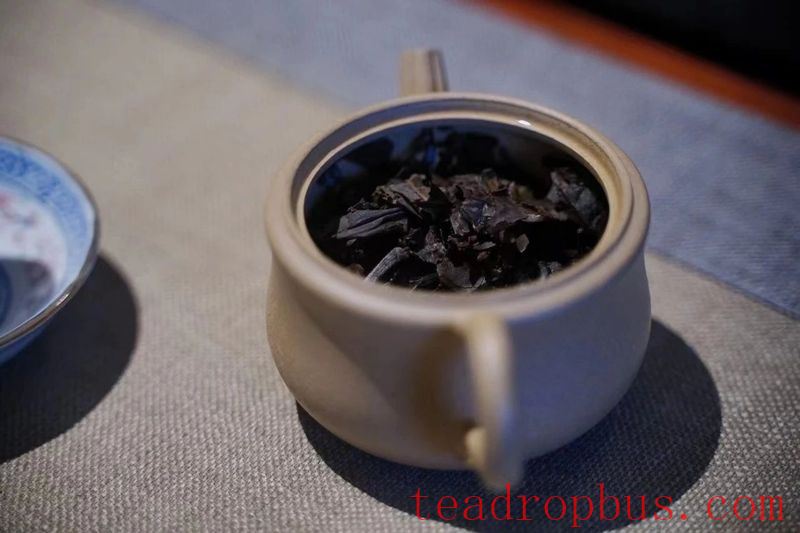
If there are any copyright issues, please contact us for removal.